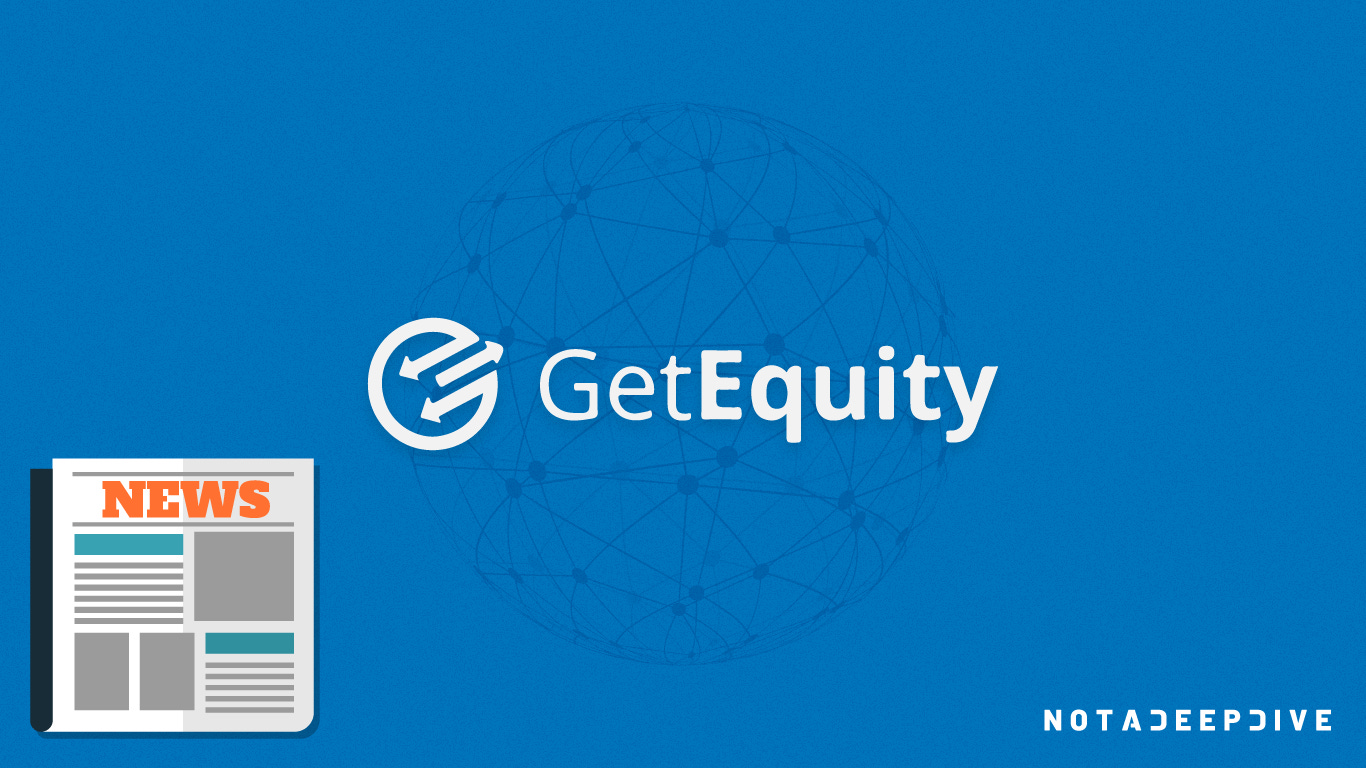Today’s Notadeepdive is 1,002 words, a 5-minute read. Sign up here.
Poser: If you enjoy the Notadeepdive newsletter, why haven’t you shared it? 🤓
If you missed Friday’s newsletter, catch up here.
This newsletter is brought to you by Fincra and SweepSouth. Fincra provides reliable payment solutions for fintechs, online platforms and global businesses. SweepSouth Nigeria keeps your house super clean while you put your feet up, and at prices that don’t hurt your wallet!
TOGETHER WITH FINCRA
Payment collection just got easier on Fincra! Receive payments from your customers via debit/credit cards or bank transfers and settle these payments to your Fincra wallet or your bank account.). As a business, you only need to create easy-to-share payment links from the Fincra merchant portal or embed payment buttons on your online platform to gain access to Fincra Checkout; no coding is required.
If I begin yet another newsletter being the prophet of doom that’s warning everyone about a slowdown in funding or tech layoffs, I’d earn a few eye rolls, so I won’t. Instead, I’d just say, spare a thought for the great purge that’s going on at global startups. Getir, Klarna, Gorilla, PayPal, and Bolt (not the ridesharing company) have trimmed their workforce. It’s easy to forget, at this time where we use words like ‘trimming’ and measure layoffs by percentages–Getir laid off 10% of its workforce–that real people are at the end of these decisions. Startups are making hard decisions because they’re trying to survive; we may not hear the sentiment, “we’re like a family” at many offices for some time to come.
While the battles for survival rage on across Europe, there’s not much to do in Nigeria but pine for the good ol’ days when we were announcing fundraises. Journalists on the continent must be antsy; I know what it is to be drowning in press releases swearing that such and such new startup has raised money to democratise this or that.
In the absence of fundraising news, we’ve been forced to look long and hard at many Nigerian startups. Gone are the days when you can sneak a press release proclaiming you’re processing 100 Trillion Naira in transaction value monthly past an unsuspecting journo and public. We’re more cynical now and we’re asking questions about founders and company culture. Bento caught some heat after a TechCabal report on the CEO’s toxic behaviour. Flutterwave was pressed for weeks on several allegations but refused to move an inch, and last week, Rest of World reported on some allegations against Wallets Africa’s John Oke.
This brings me to WeeTracker’s report this week on a startup I like: GetEquity. Full disclosure: GetEquity’s founders are people I consider friends and earlier in the year, their ads ran in this newsletter. WeeTracker’s feature story, which had the dramatic title, “GetEquity’s game of fast and loose makes founders and funders jittery,” argues that the startup hasn’t covered its regulatory bases. It was not well received.
In a matter of minutes, a number of influential founders piled on the author of the piece and promptly branded it a “hit job.” It remains a curious conclusion for a couple of reasons. First, the writer seems sympathetic to GetEquity’s cause at many points. Also, the writer’s central argument is that GetEquity falls under some regulatory categories that the SEC has provided and that the startup should have gotten some regulatory cover by getting licences for those categories. It may seem like nitpicking, but it’s hard to read the piece and conclude that the writer was malicious. Here’s how the piece ends:
“GetEquity may yet salvage the situation but the questionable actions or inactions of a first-mover in a space, especially in a yet-infant tech landscape like Africa’s, can often set a precedent that either shuts doors or straightens the hands that do open them.”
Without the dramatic title, it reads like a heads up to a startup that should get its regulatory ducks in a row instead of a hit piece. Yet, it’s easy to understand why this met such pushback. After weeks of irrefutable criticism against founders and their behaviour, how’s a small matter like regulation such a big deal?
In the end, I came away looking at the bigger picture. Nigerian regulators and regulations have gotten such a bad rep that they’re now synonymous with being a necessary evil. But at the heart of regulation is the safety of the public and the companies being regulated. We’ve seen the danger of companies operating without guardrails.
Also, it’s easy to slate regulators when the going is good, but we must remember that when there are downtimes, it’s precisely these regulations that prevent things from going to shit.
That said, let’s talk about another regulator.
TOGETHER WITH SWEEPSOUTH
What do we say to the god of chores on payday weekend? Not today!
Missing the usual May 29th holiday with the bliss of a few extra hours of free time? Yeah, we miss it too.
So we checked with the Government and it turns out, we can't give you a public holiday this week but we found a hack!
What if we told you we can guarantee you at least 3 hours of free time this week?
When you book a thoroughly vetted, excellent, reliable and professional SweepStar to do your home cleaning or doing house chores, you can get at least 3 hours more free time to chill like it's a holiday😉.
We’ve got our CBN governor back…sorta
After weeks of politicking and speculating, we now know for certain that the CBN governor, Godwin Emeiele, will not run for President. With high inflation, poor FX policies and an apex bank that won’t stop printing money for the FG, it is the CBN governor’s political ambition that’s making the news. That tells you all you need to know about Godwin Emefiele.
In any case, we’ve got the Central Bank Governor back as he grudgingly focuses on his actual work. The Monetary Policy Community Meetings, which no one has given a toss about for the last six years managed to crank out a surprise this week.
Why have the MPC meetings become redundant? For six years, the CBN has not raised its benchmark interest rates, an instrument that helps the bank control demand and consequently, inflation. By raising interest rates, the CBN increases the cost of borrowing, making loans more expensive and reducing consumption. This reduction in consumption then slows down inflation when too much money is chasing too few goods.
Won’t a slowdown in consumption affect economic growth? For Nigeria, those odds are pretty high, because our economy has been in a rut for the last six years. While GDP growth is now up to 3% after years of negative growth, a slowdown in consumption will depress GDP. But Emefiele argues that it’s a necessary evil for inflation to reduce.
Will this really slow down inflation? It’s doubtful. According to this World Bank report, Nigeria’s 15% headline inflation is driven up in part by the high cost of food. “The uptick in food inflation rate was attributed to the increase in the prices of bread and cereals, Food product, Potatoes, yam and other tubers, fish, meat, oils and fats.” Will raising interest rates solve the supply chain issues and the FX issues that hike these prices? We’ll only be able to make these judgments in three to six months.
TL;DR: Bank loans become more expensive, and people sort of start to cut down on their spending.
What I’ve been reading
Prof. Galloway writes about how TikTok is slowly taking over the world
I’m a simple man, so when Morgan Housel writes, I read. Here’s his latest work
In the spirit of full disclosure, I’m also shamelessly plugging this work blog post on how to buy your first car in the U.K
Understanding MTN Nigeria's Payment Service Bank (PSB) License
Edited by: Alexander Onukwue and Jimi Osheidu
See you on Sunday!








